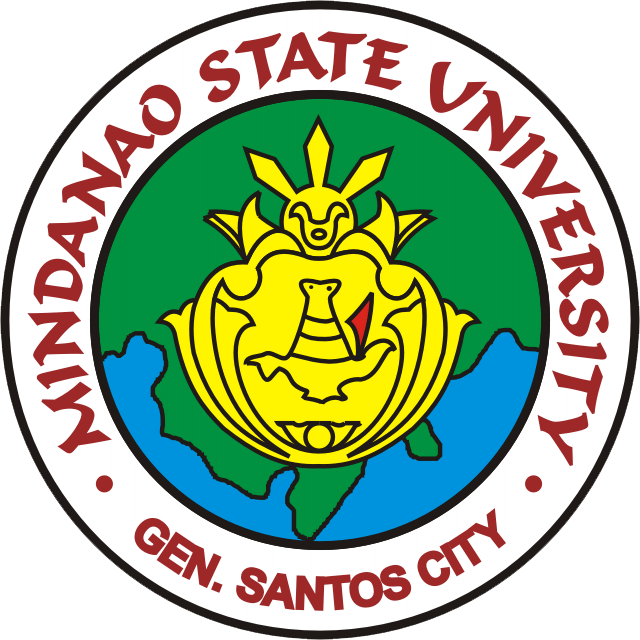This field study was conducted from June to August 2020 at the area of Landan Polomolok South Cotabato to evaluate the effect of different level of bokashi made from rice bran, manure and carbonized rice hull on the growth and yield of spring onion. The experiment was carried out using Randomized Complete Block Design (RCBD) with five treatment replicated three times. The treatments were different levels of bokashi as follows: T1 control (no application), T2 (5ton/ha), T3 (10ton/ha), T4 (15 ton/ha) and T5 (inorganic RR 30-30-30). The result of the study revealed significant differences among treatment means on plant height, number of leaves, number of tillers but not on the plant weight of spring onion. The application of Bokashi T2 (5ton/ha) in this study, disclosed that this rate is equally efficient with the Inorganic (30-30-30) in affecting the growth and yield of spring onion. Suggesting that, bokashi is a good substitute for the inorganic fertilizer for spring onion in this particular study.
Author
ANN KRISLER GANTON MELECIO
Abstract
SY
2022
Program
Bachelor of Science in Agriculture major in Agronomy
Department
Department: Agronomy
College
College: Agriculture
